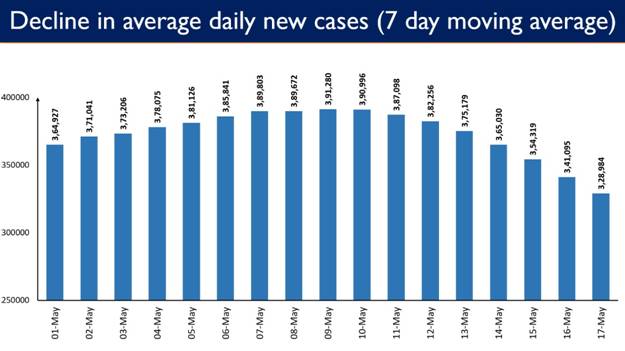The age-old adage of refraining from eating after 8 PM has long been ingrained in our collective consciousness as a marker of healthy eating habits. But is there any scientific merit to this rule? Health experts weigh in to provide clarity on the matter.
While there isn’t a wealth of research specifically addressing the no-eating-after-8-PM rule, established evidence supports the notion that curbing nighttime eating can offer significant health benefits. Dr. Janese S. Laster, a board-certified physician specializing in internal medicine, obesity medicine, gastroenterology, and nutrition, highlights the impact of timing on digestion, absorption, metabolism, and weight management.
Studies have shown that consuming food later in the day can lead to increased hunger, reduced calorie burn, and greater fat storage. However, the effects may vary based on individual factors such as food choices, genetics, and stress levels. Additionally, cultural practices, like late-night dining in countries such as Spain, challenge the universality of this rule.
Beyond weight management, eating close to bedtime can exacerbate conditions like acid reflux, making it uncomfortable to sleep. Gastroenterologist Dr. Caroline Soyka warns against late-night eating for individuals prone to gastrointestinal symptoms.
Despite these potential downsides, indulging in a late-night snack isn’t necessarily a health catastrophe. Registered dietitians emphasize the importance of food quality and portion size. Opting for nutrient-dense, low-calorie snacks can mitigate the negative impact of nighttime eating.
Moreover, rigidly adhering to a strict cutoff time for eating may not be feasible for everyone. Work or school schedules, as well as individual dietary needs, should be taken into account when establishing eating habits. It’s essential to strike a balance that promotes satiety without compromising overall health.
Instead of fixating on a specific cutoff time, experts recommend focusing on mindful eating, consistent meal timing, and balanced nutrition. Prioritizing these habits can have a more significant impact on well-being than strictly adhering to a predetermined eating window.
Ultimately, the no-eating-after-8-PM rule isn’t a one-size-fits-all solution. By listening to your body, making informed food choices, and maintaining a healthy lifestyle, you can support your overall health and well-being, regardless of the clock.












